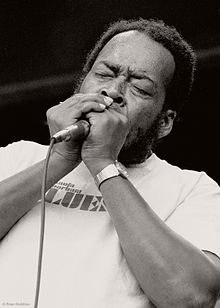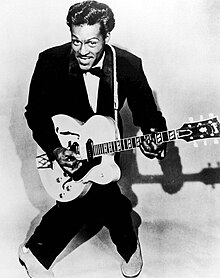album review
NO GODS NO LOSS--Sterile Jets
NO GODS NO LOSS--Sterile Jets
If guitar throttling , drum punching and steam-shoveling basslines were the cure for what ails a disorderly world , the storm and stress of Sterile Jets’ new album No Gods No Loss would be the snarking grind emanating from the ear buds of nearly every truth seeker stretching on a yoga mat attempting to attain moment’s rest from daily commotion and commitment. Stretching the hyperbole a tad further, we might say that the dissonant snark the Jets provide would be popular to global degrees , a profitable panacea for the nettlesome obligations daily life forces the lot of us to face. The raucous ado Sterile Jets would relax us into submission, a means to find a the calm center of any storm we’re in the middle of. Salvation , however, isn’t the intention of Sterile Jets’ music.
Fortunately for us preferring to remain in the middle of the avenue giving the finger and a hairy moon to billboards and corporate logos, No Gods No Loss provides no relief from the commotion and clamoring demands on our souls. Rather it, the blasting, bracing , fracking assault of the Sterile Jets’ new project drives you smack to the middle of the fracas, a set of songs that are an audio armor that returns us to battle the cumulative illogic and disarray . No matter how you slice it with the finest blade you find, there is no respite to be had in the Jets tunes.
It's a music that goes full Hulk the more you demand that it get softer; the rage builds, the words get more emphatic, the authorities that attempt to maintain order are told to back off.Resistance is not futile, it is everything to an audience that knows its being sold a bill of goods, a warehouse of broken promises that constitute the remains any of us might have collectively shared. Face the facts, face the fears, face down the fuck ups and frustrations, argue with the hard truth of a world that does not change to prayer or other means of entreaty.
This the world of Thomas Hobbes, nasty , brutish, and probably brief if you attempt appeasement. But with the impressive grind, off kilter bashing and at times pulverizing atonality of this music provides to add purpose to a short life, a choice of what might appear on a truth telling tombstone; does one want to exist taking dictation, or does one want to stand on their feet combating false hoods, false gods and rejecting seductions that make every inch a labored crawl in chains?
It's a music that goes full Hulk the more you demand that it get softer; the rage builds, the words get more emphatic, the authorities that attempt to maintain order are told to back off.Resistance is not futile, it is everything to an audience that knows its being sold a bill of goods, a warehouse of broken promises that constitute the remains any of us might have collectively shared. Face the facts, face the fears, face down the fuck ups and frustrations, argue with the hard truth of a world that does not change to prayer or other means of entreaty.
This the world of Thomas Hobbes, nasty , brutish, and probably brief if you attempt appeasement. But with the impressive grind, off kilter bashing and at times pulverizing atonality of this music provides to add purpose to a short life, a choice of what might appear on a truth telling tombstone; does one want to exist taking dictation, or does one want to stand on their feet combating false hoods, false gods and rejecting seductions that make every inch a labored crawl in chains?
To that end, the combined efforts of Robert Bly Moore(Guitar / Vocals),Wm B.ILL Partnoff( Bass / Vocals),and GS Bean (Drums) give us the gift of perfect agitation, a snarling, lumbering , careening sound track that seems less a performance than it does an incident. This is music for smashing icons by, a soundtrack for imploding government buildings, a set of anthems for telling the boss a final and vulgarly phrased farewell.








